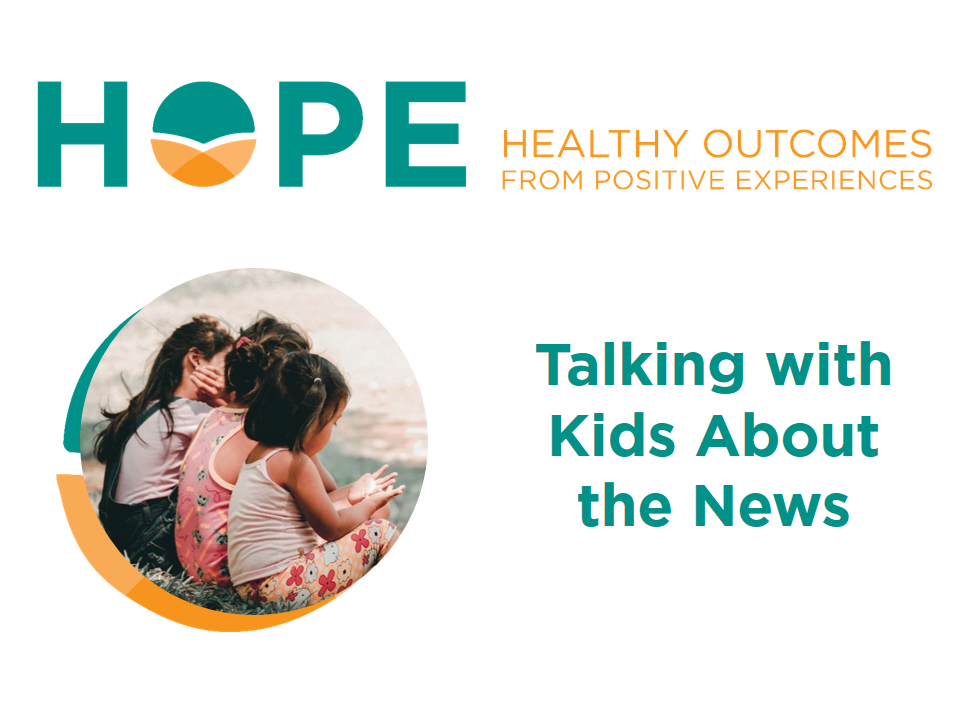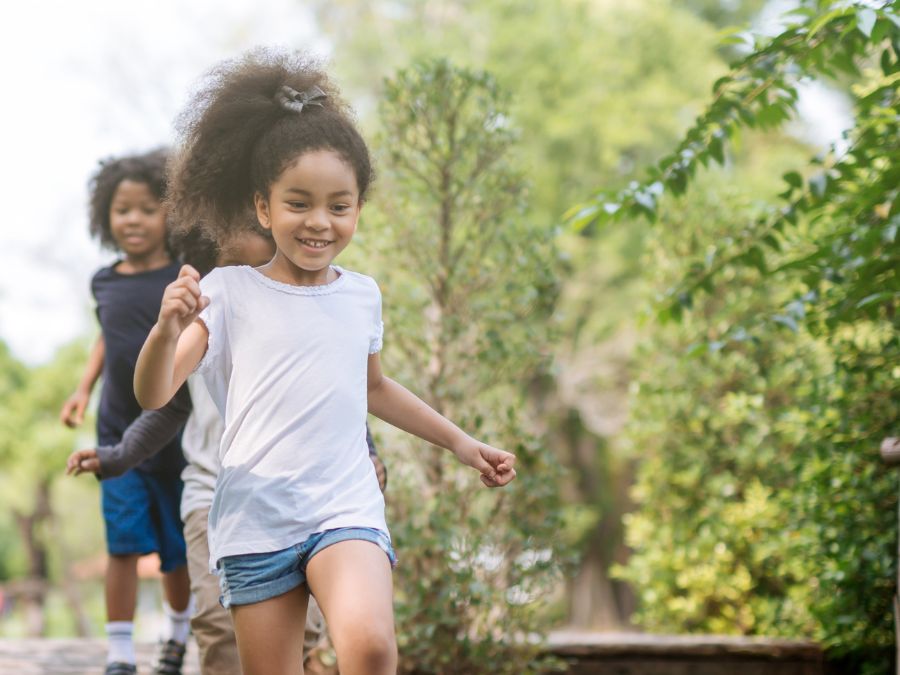
Last Wednesday, we woke up in the morning to learn that Georgia had elected a Jewish filmmaker and a Black pastor as its new US Senators; each represented a milestone and a rejection of the racist and anti-Semitic ads funded and released by their opponents. Later in the day, we saw a White supremacist insurrection, and our congressional representatives, senators, and their staffs faced immediate danger as the Capitol building was invaded. Finally, the day ended with Congress ratifying the election results, and the President eventually agreeing to a peaceful transition of power.
Personally, I am still shaking. I grew up with stories about the escapes of my father and his cousins from Nazi murder simply because of our Judaism, and many stories of other relatives who were killed or who managed to survive the concentration camps. On Wednesday, Americans with T-shirts celebrating the Holocaust were inside the Capitol. Additionally, striking double standards in police response to these individuals were on full display: months before, the Capitol was much more heavily guarded in the face of peaceful Black Lives Matter protests, and police had used unnecessary force at protests throughout the nation.
Given the upsetting nature of Wednesday’s insurrection, a reporter from the Globe interviewed me about how to speak with children about these events. From the perspective of HOPE, such conversations offer opportunities to talk with our children about our feelings and sense of engagement, in addition to hearing them out as developing human beings who will remember this time for the rest of their lives. Below, I offer a brief summary of the advice I gave in that article:
- Be honest and genuine with your children.
- Ask your child what they’ve heard and how they feel about it. Help them process their thoughts.
- Younger children need to feel their parents and home are safe, and teens need to feel they can have an honest conversation with their parents about this difficult topic.
- Help your children process the media they are consuming. Encourage them to share what they’re seeing with you.
- This is an opportunity for parents to speak with their children about race and racism. It’s important for all parents to acknowledge that racism was a major factor in the events of this past week (click here for a HOPE blog post on how to speak with children about race).
- Parents of teens and older kids can encourage them to get civically or socially engaged, which helps them develop a sense that they matter (click here for a HOPE blog post on teen engagement).
- Younger kids may need art, music, or non-verbal ways to express what they’re feeling.
Click here to read the full article, “How to help kids deal with frightening news out of the US Capitol,” which contains more details on each piece of advice listed above. As you read, consider how we can engage with our children during this adverse national experience. In the end, I still feel that we are all blessed to have each other to process this, and to live in a resilient country that will actively work against this threat and emerge with a new sense of collective purpose and rejection of hatred.
Photo by Charlein Gracia on Unsplash


